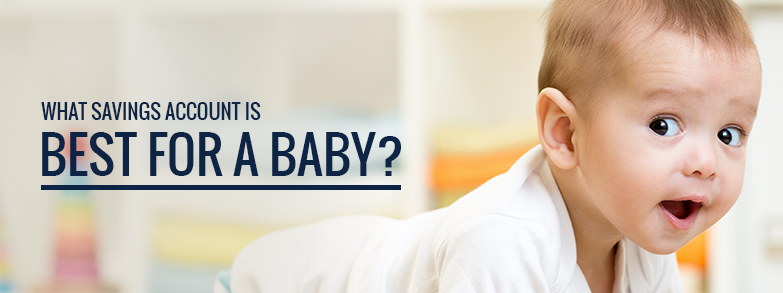Congratulations on the addition to your family! Extra congratulations on thinking about your child’s financial well being early. While financial planning for children is complex, many parents start early with their baby savings account in order to lay a foundation for financial literacy and payment.
Before you start making deposits in your baby savings account, you’ll need to set savings goals. While this means you’ll likely need a variety of investments to meet your child’s needs, you’ll have an opportunity to get the most for your money by targeting your investment. Choose your first investment for your baby based on your intent:
- Financial Literacy: The traditional savings account still plays a role in children’s savings. While interest rates fluctuate with the market, they’re always a great tool to help teach your children about the power of savings and cultivate strong savings habits.Points West Community Bank offers a Student Savings Account available to anyone under the age of 18 and a minimum balance of $10, with no service fees unless balances dip below the minimum.
- College Savings: Help plan for the cost of higher education with savings plan developed specifically for education costs. With contribution limits, a 529 plan allows parents, grandparents or others to invest funds into an account that grows tax-free. Distributions are tax free so long as they pay for tuition.
- Retirement: A Roth IRA is typically seen as the best method to pay for your child’s retirement. Paid with post-tax dollars, funds in a Roth grow tax free, and distributions aren’t taxed, either, so long as your child is of retirement age when she takes them. With nearly 70 years to mature, a Roth can provide significant retirement income.
- Wealth Building: Opening a brokerage account in your baby’s name allows you to contribute to investments that you have the most control over. You’ll be able to fine-tune your baby’s portfolio, and, unlike 529s or Roths, your child will have access to these funds at any time without penalty.
You’ll need your child’s birth certificate or Social Security information to open most accounts in his name. Most institutions allow you to serve as a co-signer to provide oversight to a minor’s investments. Contact your local banker today to set up a savings account for your child!

